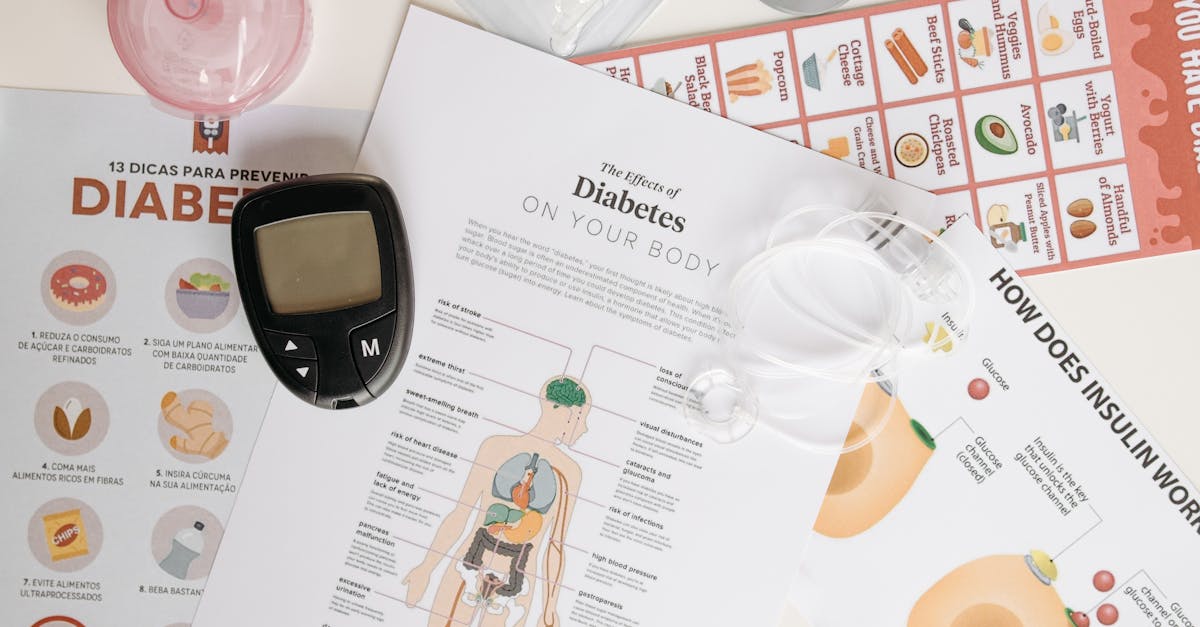Guide to Knee Pain Relief
Introduction
Knee pain is a common ailment affecting people of all ages. It can range from mild discomfort to severe pain that hinders daily activities. Addressing knee pain promptly is crucial for maintaining mobility and overall well-being.
Advertisement
Understanding Knee Pain
Knee pain can result from various factors, including injuries, arthritis, and overuse. Injuries like torn ligaments or cartilage can produce sudden, intense pain, while conditions such as osteoarthritis gradually cause discomfort over time. Identifying the underlying cause is the first step in effective knee pain relief.
Advertisement
Lifestyle Modifications
Making simple lifestyle adjustments can significantly reduce knee pain. Maintaining a healthy weight can lessen the burden on your knees, reducing pain and inflammation. Regular low-impact exercises, like swimming or cycling, strengthen the knee muscles and improve flexibility, contributing to pain mitigation.
Advertisement
The Role of Physical Therapy
Physical therapy is an effective approach to managing knee pain. A licensed therapist can design a customized exercise program to improve knee strength and mobility. Techniques like ultrasound, electrical stimulation, and massage therapy can be employed to alleviate pain and accelerate recovery.
Advertisement
Pain Relief Medication
Over-the-counter pain relievers, such as ibuprofen or aspirin, can offer temporary relief from knee pain. For more severe cases, prescription medications may be necessary. Always consult a healthcare professional before starting any medication to ensure it aligns with your needs and medical history.
Advertisement
Alternative Therapies
For those seeking non-traditional methods, alternative therapies can provide relief. Acupuncture, for instance, has shown promise in reducing knee pain by stimulating nerve pathways. Herbal supplements, like curcumin and glucosamine, may also support joint health and pain reduction.
Advertisement
Surgical Options
In severe cases where conservative treatments fail, surgical options may be considered. Procedures like arthroscopy can address specific injuries by repairing damaged tissues. Knee replacement surgery is another option, offering relief from debilitating knee pain by replacing the joint with artificial components.
Advertisement
Supportive Devices
Using supportive devices can provide stability and reduce knee pain. Braces and orthotics can help in managing knee alignment and distributing weight evenly. Compression sleeves may also alleviate discomfort by enhancing blood flow and reducing swelling in the knee area.
Advertisement
Preventing Future Pain
Taking proactive steps can prevent the recurrence of knee pain. Practicing good posture, warming up before physical activities, and avoiding high-impact exercises can protect your knees. It's essential to listen to your body and avoid pushing through pain, which may lead to further injury.
Advertisement
Conclusion
In conclusion, knee pain can stem from various causes and requires a tailored approach for effective management. Combining lifestyle changes, medical treatments, and preventive measures can significantly alleviate knee discomfort. Ensuring proper care of your knee health is essential for maintaining an active and pain-free lifestyle.
Advertisement


